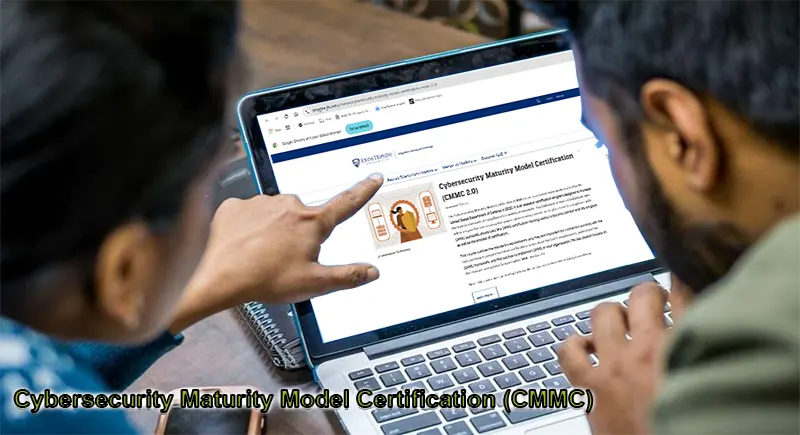Useful Tips To Secure Your Cloud Server in 2025
Cloud hosting is evolving the website hosting industry with its unmatched capabilities and performance. Its architecture of interconnecting servers makes it safe. Simply put, cloud hosting is evolving, and the ways in which it can be exploited are also getting advanced.
To ensure cloud server security, we will discuss some useful tips for securing your cloud servers in 2025. So, before you start exploring your cloud hosting provider, check these tips to ensure the right security aspects.
Useful Tips to Secure Cloud Storage Security
- Adopt a Zero-Trust Mindset.
One of the most important cloud security best practices is adopting a zero-trust mindset. It means adapting security measures where no device or user can be automatically trusted, including network administrators. These zero-trust security practices focus on verification at every stage.
Hackers prey on your vulnerability, but with zero trust security, every device or user needs to prove their identity before … Read More
Why Should You Choose a Powder Coating Oven with Dedicated Maintenance Support
Choosing the right powder coating oven is more than just picking a machine that heats up and cures coatings. A well-maintained system ensures long-term performance, fewer breakdowns, and consistent coating quality. Dedicated maintenance support can be the difference between smooth production and unexpected downtime.
Faster Troubleshooting with Expert Support Just a Call Away
Unexpected issues can bring production to a halt, and diagnosing the problem alone can be frustrating. Having expert support available means troubleshooting becomes quick and effective. Instead of wasting hours trying to figure out the issue, professionals with deep knowledge of powder coating ovens can provide immediate solutions, getting operations back on track faster.
Technical support teams can often diagnose problems remotely, guiding operators through necessary checks and adjustments. If further action is needed, an experienced technician can be dispatched with the right tools and parts. This direct access to expert guidance minimizes guesswork, reduces trial-and-error … Read More
Inflation-Protected Bonds: Are They a Hedge Against Singapore’s Rising Costs?
Inflation is a growing concern for many investors, particularly in Singapore, where the cost of living has been steadily increasing. From rising property prices to higher expenses on essential goods like food and transportation, inflation is eroding purchasing power across the country. As investors search for reliable ways to protect their wealth, inflation-protected bonds (IPBs) have emerged as a potential hedge against rising costs. But do these bonds truly offer the protection investors expect in the context of Singapore’s economic environment? Let’s explore this in more detail.
Understanding Inflation-Protected Bonds
Inflation-protected bonds are a unique type of fixed-income investment designed to help investors preserve their purchasing power during periods of inflation. These bonds are structured to adjust their principal and interest payments based on changes in inflation rates, typically using a government-backed inflation index such as the Consumer Price Index (CPI).
How Inflation-Protected Bonds Work
The main feature of inflation-protected … Read More
7 Key Steps for Registering a Private Limited Company
A private limited company is a business that’s owned by private individuals. Incorporation and registration of private limited companies falls under the purview of the Companies Act of 2013. By registering your private limited company, you make it a legal entity and tap into the benefits of limited liability. In other words, your personal assets remain protected against debts and liabilities of your company. Registration also boosts credibility of the venture and makes it easier to secure credit from various institutions like banks and NBFCs. If you wish to register your company, you can rely on the steps outlined in this article.
Step 1: Obtain a Digital Signature Certificate (DSC)
The first step in registering a private limited company is acquiring a class 3 DSC. As the name suggests, a DSC is a digital signature certificate required for signing the registration forms online. It is used to electronically verify … Read More
What Makes a CMMC Consultant Different From Other Advisors
Compliance with the Cybersecurity Maturity Model Certification (CMMC) isn’t just a box to check; it’s a crucial layer of protection for businesses handling sensitive information. But let’s be honest—tackling these requirements without expert help can feel overwhelming. That’s where CMMC consultants shine, offering a level of guidance and expertise that sets them apart from general advisors.
How a Consultant Serves As a Personalized Resource to Simplify Complex Cybersecurity Standards
Meeting CMMC requirements often feels like tackling a jigsaw puzzle where half the pieces are missing. A CMMC consultant steps in as the missing link, helping organizations make sense of intricate cybersecurity standards. Unlike generic advisors, consultants take the time to understand a company’s specific setup, breaking down complex requirements into actionable steps. They focus on translating tech-heavy jargon into clear, simple terms that anyone can follow.
CMMC consulting isn’t a cookie-cutter service—it’s personal. These experts adapt their guidance to … Read More













